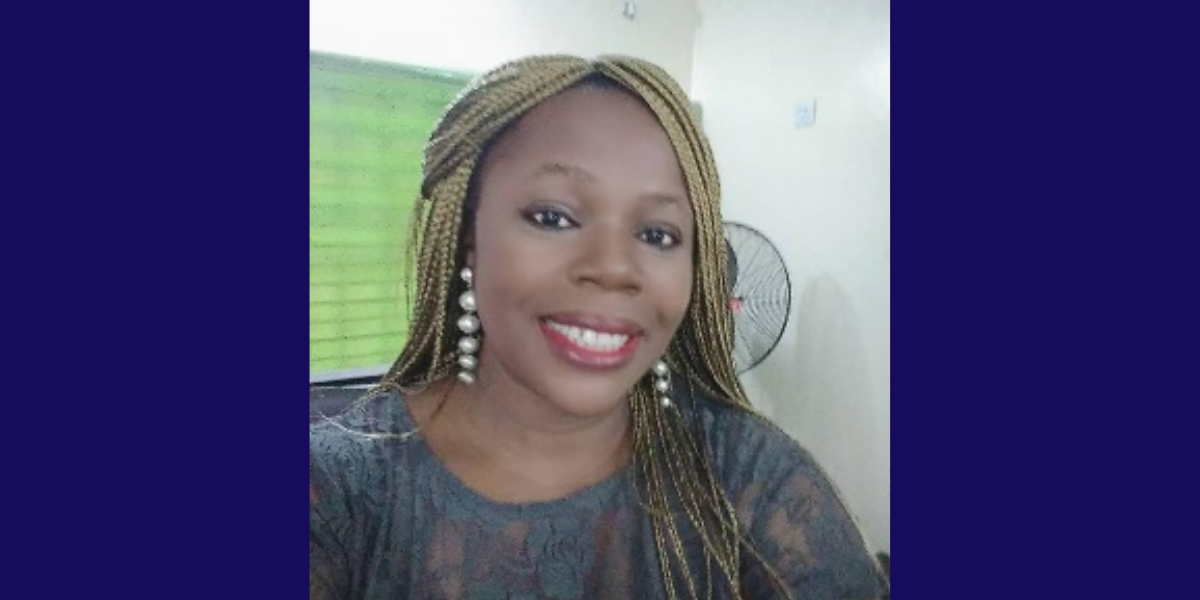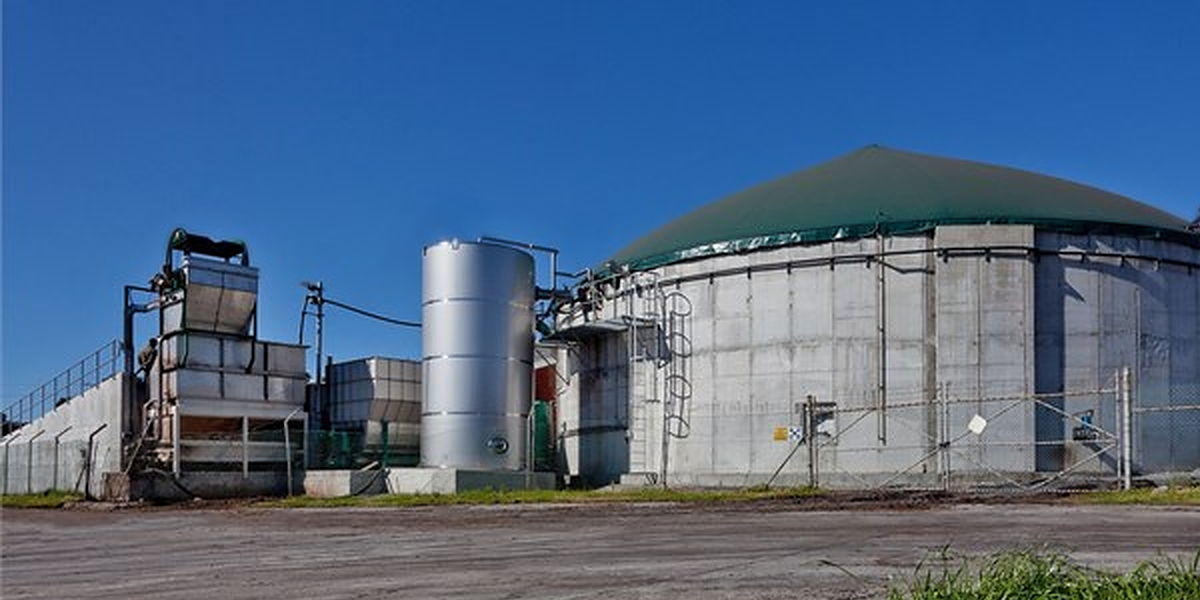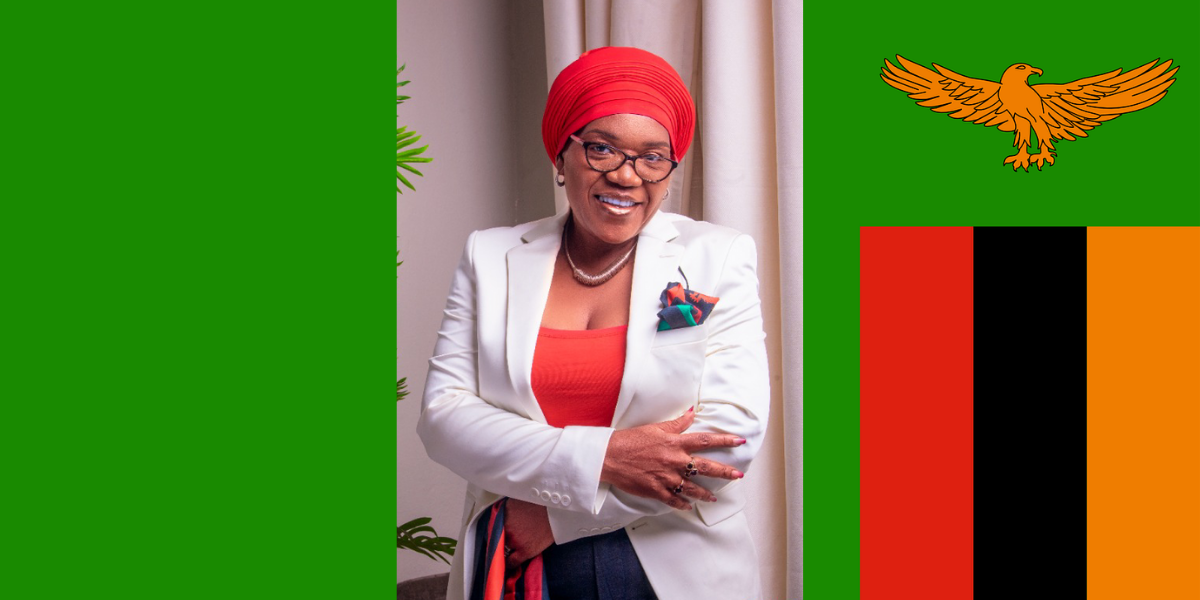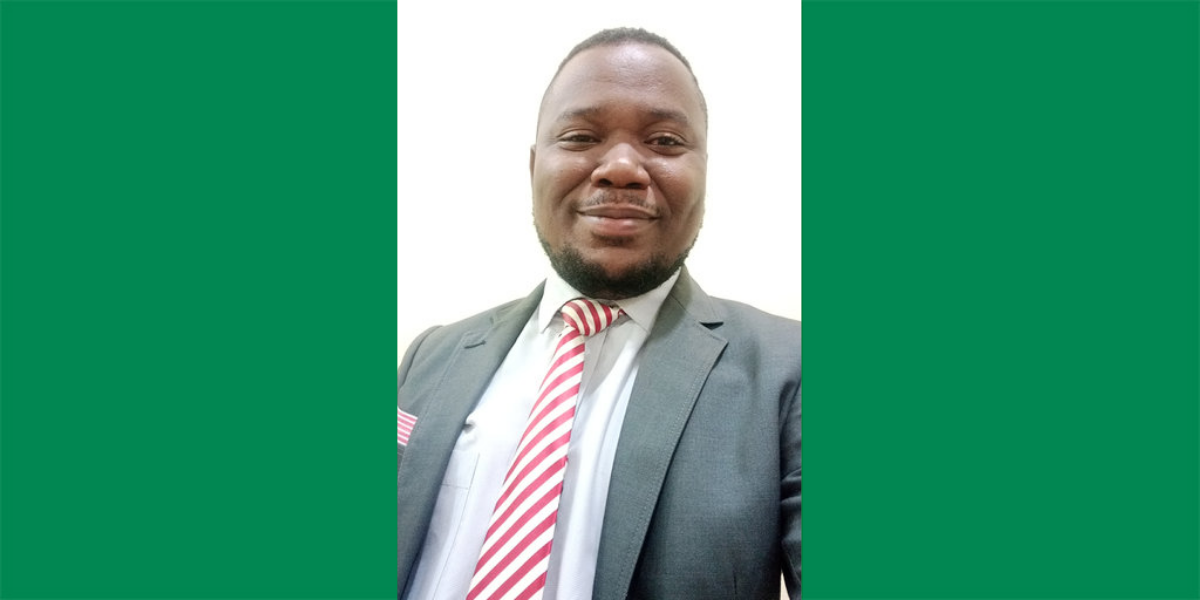
Nina Ani is the CEO and founder of Avenam Links International Limited, one of the leading renewable energy companies in Nigeria promoting “waste-to-wealth” and delivering renewable energy. The company has successfully constructed over 30 biogas projects in Nigeria, using different organic waste for various gas applications (electricity, heat and cooking gas), implemented several solar PV systems for estate, homes and schools, and won the Energy Globe Award in 2017.
Dr Akanimo Odon recently interviewed Nina to find out a little more about her and her experience as a power lady and innovator.
Please briefly share with us your professional history.
My name is Nina Chioma Ani, a Chemical Engineer with a degree in Environmental Engineering from Budapest University of Technology and Economics, Hungary. I worked briefly in Hungary at Marcus Evans as an international sales executive before I returned to Nigeria to promote biogas technology, aimed at helping to bridge the gap in waste management and energy challenges in my country. I have gained over 12 years of experience in the environmental, renewable and water treatment sector.
I served as project committee member on the Biogas to Electrification project with the Lagos State Ministry of Environment, and pioneered the Nigeria Biogas Association. I was also one of the team members selected to attend the Nigeria delegation on a green economy trip to Berlin in 2014 and was invited as a guest speaker at the Kenya Biogas Forum. I have set put up a number of presentations for different seminars, conferences and workshops on renewable energy both locally and internationally.
Give us a sense of your current work and affiliations.
We are currently working with several clients from different sectors to help them manage their waste and generate renewable energy. As we all know, agricultural waste management is a very big issue especially in big cities like Lagos, Nigeria. We are currently working in partnership with the RECIRCULATE project and the Centre for Global Eco-Innovation at University of Benin, Nigeria to build a biogas plant that will convert slaughterhouse and food waste to electricity. It is a portable type digester that will serve as a model to be replicated in various capacities within Nigeria and other African countries at large.
Secondly, we are working with poultry farm cooperatives in Lagos Nigeria, to help build biogas plants, to digest the daily waste generated from their farms, and the biogas produced will be used for electricity generation to power their farm activities and produce organic fertilizer as well.
Thirdly, we are working with the Nigerian Correctional Services where biogas plants are being built for detention centres across the nation, to help improve sanitation and health of the inmates. Their kitchens are also being renovated and upgraded from firewood to gas kitchens. Six detention centres now have biogas plants with several others yet to be implemented.
Fourthly, we have ongoing projects with several residential estates and individual homes that are now replacing septic tanks with biogas plant for their sewage management.
Lastly, I will like to mention our ongoing abattoir biogas plant being built for a new modern abattoir at Badagry, Lagos, Nigeria. All solid and liquid waste generated from the abattoir shall be treated onsite to produce biogas that will be used for electricity generation onsite. We have already installed a 30KVA biogas generator at the site. Avenam Links is also in partnership with FUPREE, Sterling Bank Plc, and some others. I am also a member of Solar Energy Society of Nigeria, Nigerian Institution of Environmental Engineers, Women in Renewable Energy, just to mention a few.
How did you get to hear about and engage with RECIRCULATE as a project and what has been your experience engaging with RECIRCULATE?
I firstly heard about the RECIRCULATE project when I was invited to attend the formal launch of the project in Accra, Ghana, which took place in September 2018. I engaged with RECIRCULATE as a project, through my partnership with the Centre for Global Eco-Innovation at University of Benin.
Working with the project team has been very interesting for me because everyone shows commitment and dedication to the project right from project initiation, planning and execution, which is where we are, at the moment. There has been very good team collaboration between the project team and Avenam Links which made the project execution move smoothly. I have also learnt a whole lot from the numerous webinars and HAZOP meetings which also help to ensure that the project is safe and meets international standards with respect to safety, operation and maintenance. The project also exposed me to other professionals in the field both locally and internationally. My team and I have already identified possible areas of future synergy with the university in respect to biogas plant optimization and application. As a result of this project, we have sent out proposals to some other schools in Nigeria for plant replication, and quite a number of them are interested in having the project replicated in their schools which can also be used for teaching and capacity building in the biogas sector.
The COVID pandemic has brought a new layer of challenge to professionals all over the world but research suggests that women have been more disproportionately affected. What is your view on this?
I quite agree that women are most hit with the challenges that came with the COVID pandemic. Women were already saddled with care work and, with the pandemic, there has been an increase in demand for care work, and of course, this has also increased the existing inequalities in the gender division of labour. As teachers and children were asked to stay at home during COVID-19 school closures, it did put demand and strain on women and girls. Childcare responsibility falls mostly on women because of social norms, and this constrains the ability of women to work outside their immediate area.
Secondly, women have less capacity to absorb economic shock. Their economic and industrious lives are affected disproportionately and very differently to men because as we all know, women across the globe earn less, hold less secure jobs, save less and mostly are employed in the informal sector.
What would you say are the two biggest challenges you face as a female innovator and entrepreneur and how do you mitigate these?
I will start by saying that setting up a successful company requires persistence, networking, partnership and commitment. When I say partnership, I am referring to both local and international collaborations, to help expand the scope and scale of the company.
The major challenge was lack of funding as I already have the technical expertise from my business sector. It was a very big challenge being able to convince financial institutions to finance my biogas innovative ideas at the early stage of my business operation. My business was built from scratch, using only savings, investments and financial funds from family. I was refused a loan several times from different banks in Nigeria. I used the small capital I was able to gather to build a prototype to showcase how the biogas technology works because no one believed in it.
Because I believed in it, I had to put my investment into starting the business. Balancing social expectation and responsibility as a woman were the second challenge. I just started my family at that time and had to find the balance between family and other commitments in addition to becoming an entrepreneur. What I did was to engage a technical expert that also oversees design and construction of our system on a contract basis, and a chief operating officer who attends some meetings on behalf of the company, by so doing, I was able to delegate work thereby having more time for my family.
What do you think women should do better to enhance their professional careers?
Women can improve their professional careers and boost their confidence by taking training in their chosen professions, find mentors with whom they can talk about work-related problems with their mentors and peers. Talking with mentors who can listen to your questions without judging you can help build leadership potential in women.
Secondly, it is important to ensure you have a current resume always. Without a well-organized and written resume, you might not be able to take advantage of opportunities that might be available.
Thirdly, it is important to develop a strong personal brand and try to be visible by being recognized in your field. It is important women showcase their unique skills and accomplishments, and be ready to tell your story at anytime. Have the confidence to try new challenges.
Any final thoughts please?
I couldn’t be more honoured to have participated in the RECIRCULATE launch and partner with University of Benin to initiate, plan and execute the prototype biogas plant for waste to electricity generation, in collaboration with Lancaster University and the RECIRCULATE and ACTUATE projects. I am looking forward to many more opportunities to discuss synergies in project replication in other African countries. We are looking forward to presenting our biogas solution to major stakeholders from across the globe and meeting new strategic partners who can assist us with our goal to make biogas more accessible to everyone and sectors in Nigeria and Africa at large.
All articles in The FLOW are published under a Creative Commons — Attribution/No derivatives license, for details please read the RECIRCULATE re-publishing guidelines.




